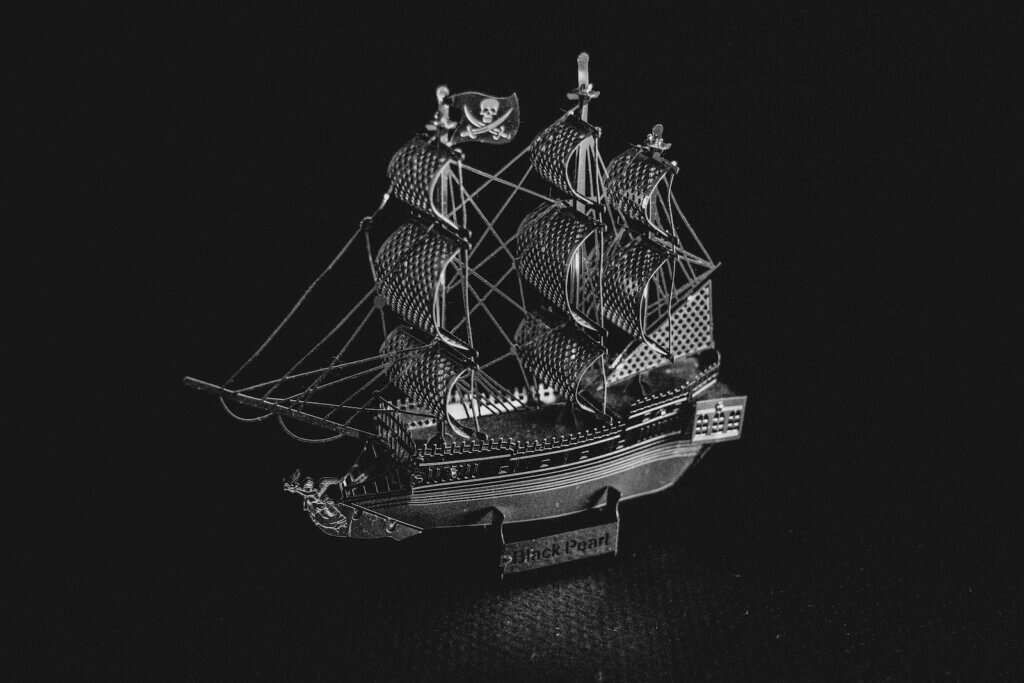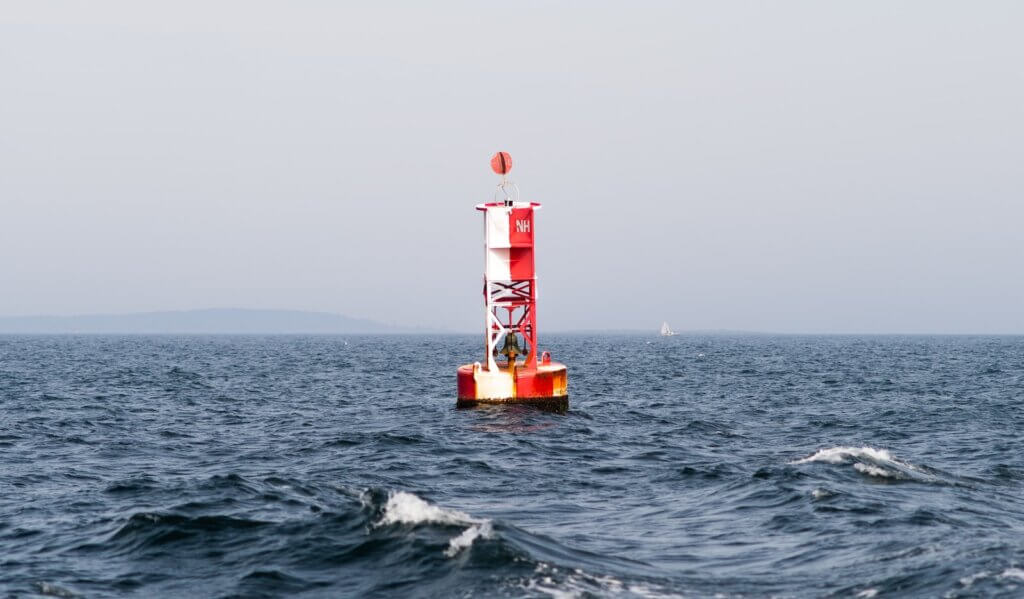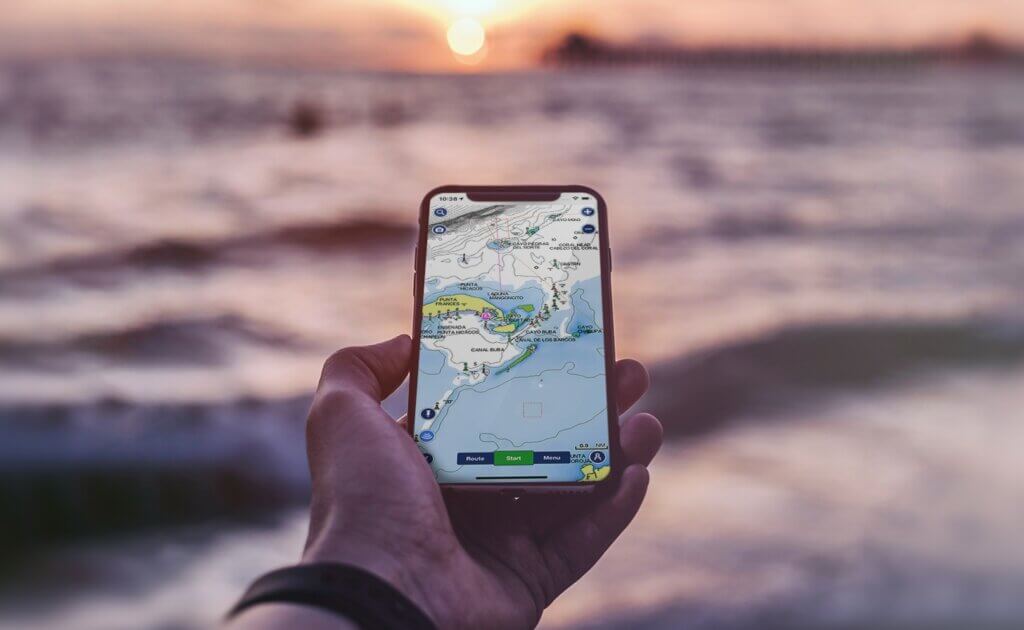Learn about the various environmental, human, vessel, and personal factors that are most likely to cause someone to fall overboard and how to prevent these accidents.
Environmental Factors
When it comes to boating, there are several environmental factors that can significantly impact the safety and enjoyment of the experience. Understanding and being prepared for these factors is crucial for any boater. In this section, we will discuss four key environmental factors: rough seas, slippery surfaces, high winds, and poor visibility.
Rough Seas
One of the most challenging environmental factors that boaters may encounter is rough seas. These rough conditions can be caused by a variety of factors, such as strong winds, tidal currents, or even the presence of other vessels. Navigating through rough seas requires skill, experience, and a well-maintained vessel.
When faced with rough seas, it is important for boaters to adjust their speed and course accordingly. Slowing down can help to minimize the impact of the waves and reduce the risk of capsizing. Additionally, it is essential to ensure that all passengers are wearing life jackets and that any loose items on the boat are securely stowed to prevent them from becoming projectiles.
Slippery Surfaces
Another environmental factor that can pose a significant risk to boaters is slippery surfaces. Whether it’s due to rain, waves splashing onto the deck, or even seaweed and algae growth, slippery surfaces can make it difficult to maintain balance and stability on the boat.
To minimize the risk of slips and falls, it is important to ensure that the boat’s deck is clean and free from any debris or substances that could make it slippery. Using non-slip mats or applying non-slip coatings to the deck can also provide additional grip. Additionally, wearing appropriate footwear with good traction can help to prevent accidents.
High Winds
High winds can create challenging conditions for boaters, especially when combined with other factors such as rough seas. Strong gusts can make it difficult to control the boat’s direction and speed, increasing the risk of collisions or being blown off course.
When boating in high winds, it is important to be aware of the wind direction and adjust your course accordingly. Reducing speed can also help to maintain better control over the vessel. Keeping a close eye on weather forecasts and avoiding boating in excessively windy conditions is also advisable.
Poor Visibility
Poor visibility can be caused by a variety of factors, including fog, heavy rain, or even darkness. Limited visibility can make it challenging to navigate safely and increase the risk of collisions with other vessels or obstacles.
When boating in conditions of poor visibility, it is crucial to rely on navigational aids such as radar, GPS, and proper lighting. Keeping a lookout and reducing speed can also help to mitigate the risks associated with limited visibility. It is also important to ensure that all required safety equipment, such as navigation lights and fog horns, are in working order and easily accessible.
Please note that the remaining sections of this topic will cover human factors, vessel factors, and personal factors, each with their own sub-headings as outlined in the provided reference.
Human Factors
Lack of Proper Safety Equipment
When it comes to boating, having the right safety equipment is crucial. Unfortunately, many accidents occur due to a lack of proper safety equipment. Life jackets, for example, are a must-have on any vessel. They can save lives in case of an emergency, especially if someone falls overboard or if the boat capsizes. Additionally, having a first aid kit on board is essential for treating any injuries that may occur while out on the water. Without these essential safety items, boaters are putting themselves and others at risk.
Carelessness or Distraction
Carelessness and distraction are two of the most common human factors that contribute to boating accidents. It’s easy to become complacent or distracted while out on the water, especially on a calm and peaceful day. However, even a momentary lapse in attention can have serious consequences. Checking your phone, talking to passengers, or engaging in other distracting activities can take your focus away from what’s happening around you. It’s important to always remain alert and attentive while operating a vessel to avoid accidents caused by carelessness or distraction.
Impaired Coordination or Balance
Operating a boat requires good coordination and balance. However, factors such as alcohol or drug impairment can significantly impair these abilities. It’s essential to never operate a boat under the influence of alcohol or drugs, as impaired coordination and balance can lead to accidents. Alcohol and drugs can affect judgment, reaction time, and overall cognitive function. To ensure the safety of everyone on board, it’s crucial to always have a designated sober operator or to seek alternative transportation if impaired.
Inadequate Training or Experience
Boating may seem like a fun and relaxing activity, but it requires proper training and experience to navigate the waterways safely. Inadequate training or lack of experience can lead to poor decision-making, difficulty handling the vessel, and a lack of knowledge about boating regulations. It’s essential for boaters to take the time to learn the necessary skills and acquire the appropriate licenses or certifications. By investing in training and gaining experience, boaters can minimize the risks associated with inadequate training or experience.
(*Note: The following sections will cover additional factors that contribute to boating accidents, including vessel factors and personal factors. Stay tuned for more information on these important topics.)
Vessel Factors
Unstable or Unseaworthy Vessels
Unstable or unseaworthy vessels pose a significant risk to those on board. These vessels may lack the necessary stability to withstand rough seas or high winds, making them more prone to capsizing or sinking. Additionally, they may have structural deficiencies or outdated safety features, further compromising their seaworthiness.
When a vessel is unstable, it becomes more difficult for the crew and passengers to maintain their balance and coordination. This can lead to accidents and falls, especially when the sea conditions are rough or the vessel is maneuvering through challenging waters. Furthermore, an unstable vessel may struggle to handle sudden changes in weather or unexpected waves, putting everyone on board at greater risk.
Defective or Malfunctioning Equipment
Defective or malfunctioning equipment on a boat can have serious consequences for the safety of those on board. Equipment failures can occur in various areas, such as navigation systems, communication devices, engine components, or safety equipment like life jackets and fire extinguishers.
When equipment malfunctions, it can hinder the vessel’s ability to operate properly and respond effectively to emergencies. For example, a malfunctioning engine may leave the boat stranded in the water, increasing the risk of drifting into dangerous areas or being unable to escape an approaching storm. Similarly, if the navigation system fails, the crew may struggle to determine their exact location or navigate safely, potentially leading to collisions or running aground.
Overcrowding on the Vessel
Overcrowding on a vessel is a common issue that can compromise the safety of everyone on board. When a boat exceeds its recommended capacity, it can create a range of hazards and risks that may result in accidents, injuries, or even fatalities.
Overcrowding reduces the available space on the vessel, making it harder for individuals to move around safely and maintain their balance. This is particularly problematic during times of rough seas or sudden movements of the boat. In addition, overcrowding can make it more challenging for the crew to effectively monitor and manage the passengers, potentially leading to delays in emergency response or increased confusion during critical situations.
To ensure the safety of all individuals on board, it is crucial to adhere to the recommended capacity limits for each vessel. This will help maintain a proper balance between the number of passengers and the available space, allowing for easier movement, improved stability, and better emergency response capabilities.
Conclusion
In summary, vessel factors play a significant role in maritime safety. Unstable or unseaworthy vessels, defective or malfunctioning equipment, and overcrowding all contribute to increased risks and hazards for those on board. It is essential for boat owners, operators, and passengers to prioritize vessel maintenance, regular equipment inspections, and compliance with recommended capacity limits.
By addressing these vessel factors, we can help create a safer and more secure environment for maritime activities. Whether it be recreational boating or commercial operations, ensuring the seaworthiness of vessels, the functionality of equipment, and the proper management of passenger numbers is crucial in preventing accidents, injuries, and even loss of life at sea.
Personal Factors
In this section, we will explore the personal factors that can contribute to maritime accidents and incidents. Understanding these factors is crucial for ensuring the safety of individuals on board vessels. Let’s delve into the specific aspects of personal factors that can pose risks in maritime environments.
Physical Weakness or Fatigue
Physical weakness or fatigue can significantly impact an individual’s ability to perform tasks safely and efficiently on a vessel. When crew members or passengers are physically weak or fatigued, their reaction times may be slower, and their coordination and balance may be compromised. This can increase the likelihood of accidents and injuries.
Fatigue, in particular, is a prevalent issue in the maritime industry. Long working hours, irregular shifts, and demanding physical labor can lead to exhaustion and sleep deprivation. When individuals are tired, their cognitive abilities may be impaired, making it difficult for them to make quick and accurate decisions in critical situations.
To address this personal factor, it is crucial for vessel operators and crew members to prioritize rest and ensure proper rest periods are allocated. Adequate sleep and regular breaks are essential for maintaining alertness and reducing the risk of accidents due to physical weakness or fatigue.
Medical Conditions or Illnesses
The presence of medical conditions or illnesses can also contribute to maritime accidents. Individuals with underlying health issues may be more susceptible to accidents or may not be fit to perform certain tasks on board a vessel. It is essential for crew members and passengers to be aware of their medical conditions and take necessary precautions to ensure their safety.
Certain medical conditions, such as cardiovascular diseases or respiratory disorders, can be exacerbated by the physical demands and environmental factors present in maritime settings. In some cases, individuals may require specific accommodations or modifications to their duties to ensure their well-being and prevent accidents.
Regular medical check-ups and screenings can help identify potential risks and allow individuals to take the necessary steps to manage their conditions effectively. It is also crucial for crew members and passengers to communicate openly about their medical conditions and to seek medical assistance promptly if they experience any health-related issues while on board.
Reckless Behavior or Risk-Taking
Reckless behavior and risk-taking can have severe consequences in maritime environments. Individuals who engage in such behaviors may disregard safety protocols, fail to follow instructions, or participate in activities that put themselves and others at risk. This can lead to accidents, injuries, and even fatalities.
Risk-taking behaviors can include actions such as jumping from high structures into the water, operating vessels at high speeds in unsafe conditions, or not wearing personal protective equipment. These actions can result in severe injuries, drowning, or collisions with other vessels or objects in the water.
To mitigate the risks associated with reckless behavior and risk-taking, it is crucial to promote a culture of safety and responsibility. Education and training programs should emphasize the importance of adhering to safety guidelines and encourage individuals to make informed decisions that prioritize their well-being and the safety of others.
Improper Footwear or Clothing
The choice of footwear and clothing can have a significant impact on a person’s safety in a maritime environment. Improper footwear, such as flip-flops or high heels, can impair an individual’s balance and increase the likelihood of slips, trips, and falls. Similarly, wearing inappropriate clothing that restricts movement or does not provide adequate protection can also pose risks.
Proper footwear for maritime environments should have non-slip soles, provide ankle support, and be securely fastened to the feet. Clothing should be comfortable, allow for ease of movement, and provide protection from the elements. It is important for individuals to dress appropriately for the specific maritime activity they are engaged in to minimize the risk of accidents and injuries.
By ensuring that individuals are equipped with suitable footwear and clothing, vessel operators can significantly reduce the chances of accidents caused by slips, trips, falls, or clothing-related hazards.
In conclusion, personal factors play a crucial role in maritime safety. Physical weakness or fatigue, medical conditions or illnesses, reckless behavior or risk-taking, and improper footwear or clothing can all contribute to accidents and incidents on vessels. By recognizing and addressing these factors, vessel operators and individuals can work together to create a safer maritime environment for everyone on board. Remember, prioritizing rest, maintaining good health, making informed decisions, and wearing appropriate attire are essential for ensuring the well-being and safety of all individuals in maritime settings.





